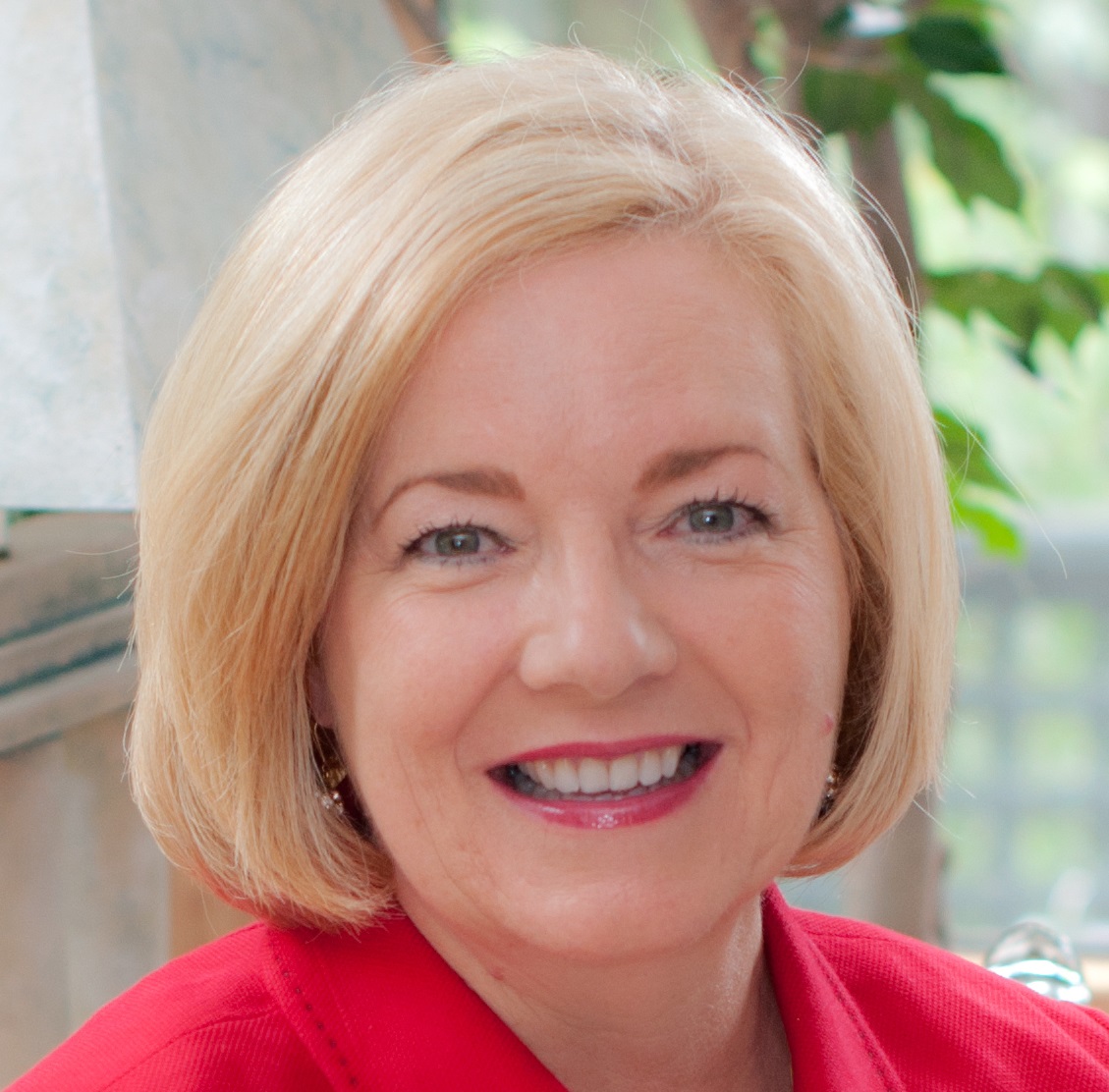By Bob Allen
Baptists in North Carolina are among religious voices opposing a pending non-discrimination measure in Charlotte, N.C., marked by debate over where transgender persons can go to the bathroom.
 The Biblical Recorder, news journal for the Baptist State Convention of North Carolina, recently published a guest column by Tami Fitzgerald of the North Carolina Values Coalition warning that the Charlotte City Council is set to vote on a sexual orientation and gender identity ordinance.
The Biblical Recorder, news journal for the Baptist State Convention of North Carolina, recently published a guest column by Tami Fitzgerald of the North Carolina Values Coalition warning that the Charlotte City Council is set to vote on a sexual orientation and gender identity ordinance.
The ordinance, intended to extend protections already in place to gay, lesbian and transgender residents, was originally scheduled for vote Feb. 23 but postponed to March 2, according to the Charlotte Observer, mainly due to concern about the “bathroom question.”
Fitzgerald, the lobbyist who led the conservative coalition that in 2012 successfully passed the North Carolina Marriage Amendment ruled unconstitutional last July by the 4th U.S. Circuit Court of Appeals, said sexual orientation and gender identity — or SOGI — ordinances being adopted around the country “may seem innocuous, but in reality they provide gay or transgendered people with a vehicle to sue and bully Christian business owners.”
“The potential impact on public restrooms by SOGI ordinances is equally concerning,” she said. “In Olympia, Washington, where the town has a SOGI provision, a man who identifies as a woman frequently uses the women’s showers and locker room at a local state college that shares its facilities with a children’s swim club. Despite frequent complaints about indecent exposure in front of girls as young as 6 years old, the non-discrimination law prevents the college from banning this man from the women’s locker rooms.”
Mark Harris, pastor of First Baptist Church of Charlotte and past president of the Baptist State Convention of North Carolina, said in an article on the church website the measure would lead to transgender individuals using whichever bathroom, male or female, where they “feel most comfortable.”
“As a father of three, a daughter and two sons, I am grateful that they are grown,” Harris said. “But as they were growing up, while I could take my sons to the restroom, I would have to stand outside the door as my little girl went inside. I always did so in good faith, aware there was no ‘legal ordinance’ allowing a male who ‘felt like a woman’ to be inside where my daughter would be. I mean, even if someone meant no harm, I would not want my daughter at risk of being exposed.”
 Mark Creech, executive director of the Christian Action League and a former Southern Baptist pastor, said ordinances of this nature promoted by various pro-gay rights organizations “are a serious danger to religious liberty.”
Mark Creech, executive director of the Christian Action League and a former Southern Baptist pastor, said ordinances of this nature promoted by various pro-gay rights organizations “are a serious danger to religious liberty.”
“Their supporters will argue such policies do nothing to diminish religious freedom,” Creech said in an action alert headlined “Charlotte City Council to Vote on Egregious Anti-Discrimination Policy that Threatens Religious Liberty and Provides for Transgender Rights to Public Restrooms.”
“But their idea of religious freedom is that you can believe whatever you want, you can worship in private or in your church whatever way you choose, but you can’t practice the tenets of your faith in public except in those ways authorized by the state,” Creech said in the article also reprinted in the Biblical Recorder. “This is a clear violation of the principle articulated by the founders in the First Amendment.”
The Charlotte Non-Discrimination Ordinance Coalition — made up of gay-rights organizations, the Charlotte Business Guild and the ACLU of North Carolina — says critics of the measure have inaccurately painted the proposal as a “bathroom bill” and equated transgender people with predators.
“No documented evidence exists to connect transgender people with abuses,” the group said in a press release. “The reality is quite the opposite — transgender people are often victims of harassment.”
One such incident occurred last spring, the release said, when a transgender student at Central Piedmont Community College was detained by security officers and escorted off campus after using the women’s bathroom.
“This law has nothing to do with bathrooms, nor will it affect policies regulating the use of public bathrooms,” according to the coalition press kit. “Only people who are actually transgender are protected by this law.”
“This law in no way protects people who pretend to be the opposite gender any more than a law would protect someone who faked a disability or a religion,” the coalition claimed. “The behavior some people are describing, men pretending to be women to access the restroom, is criminal behavior and this ordinance would not change that in any way.”
Previous stories:
Baptists to confront ‘transgender confusion’ in conference prelude
SBC megachurch challenges discrimination law in Dallas suburb
Fayetteville, Ark., repeals anti-discrimination measure some Baptists opposed
Broad Baptist coalition asks Houston mayor to withdraw subpoenas for sermons
Expelled transgender student gets partial win
Richard Land says transgenderism ‘ultimate rebellion’
Baptist church ordains transgender woman
